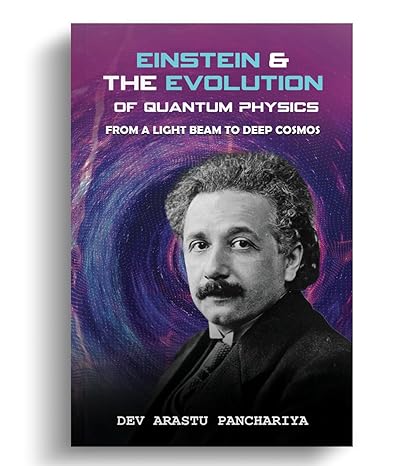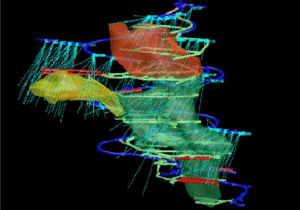
Yes, quantum physics is closely related to both cosmology and astrophysics. Here’s how they are interconnected:
Quantum Physics and Cosmology
- Early Universe Conditions: Cosmology studies the universe’s origin, evolution, and large-scale structures. Quantum physics is essential for understanding the conditions of the early universe, particularly during the Big Bang. Quantum fluctuations in the very early universe can lead to the formation of structures like galaxies.
- Quantum Gravity: One of the major unsolved problems in physics is the reconciliation of general relativity (which describes gravity on large scales) with quantum mechanics. Theories of quantum gravity, such as string theory or loop quantum gravity, aim to describe how gravity behaves at quantum scales, which is crucial for understanding phenomena like black holes and the Big Bang.
- Inflationary Theory: Quantum mechanics plays a key role in inflationary cosmology, which posits a rapid expansion of the universe shortly after the Big Bang. Quantum fields are thought to drive this inflation, and fluctuations in these fields can lead to the observed large-scale structure of the universe.
Quantum Physics and Astrophysics
- Stellar Processes: Astrophysics involves the study of stars, galaxies, and other celestial bodies. Quantum mechanics is fundamental in explaining processes in stars, such as nuclear fusion. The behavior of particles at quantum levels determines how elements are formed in stellar interiors.
- Black Hole Thermodynamics: Quantum effects are crucial in understanding black holes. Concepts such as Hawking radiation, which suggests black holes can emit radiation due to quantum effects near their event horizons, highlight the interplay between quantum physics and astrophysics.
- Dark Matter and Dark Energy: Some theories about dark matter and dark energy involve quantum fields. Understanding these phenomena may require insights from quantum physics, particularly in how they interact with visible matter.
Summary
In summary, quantum physics provides essential insights into the fundamental processes governing the universe and its large-scale structures, making it a vital component of both cosmology and astrophysics. The interplay between these fields continues to be an active area of research, with many questions still to be answered.
Quantum physics and cosmic order are related through quantum cosmology, which is the application of quantum theory to the universe:
- Quantum cosmology-Quantum cosmology is the idea that quantum physics can be applied to the entire universe. It’s an attempt to develop a quantum theory of the universe that can answer questions about the universe’s first phases.
- Quantum and cosmic connection-The connection between the quantum and cosmic scales is what makes it possible to understand the universe. Without quantum physics, the universe would have been perfectly smooth, and it would have taken billions of years for stars and galaxies to form.
- Quantum gravity-A theory of quantum gravity that combines quantum theory and Einstein’s theory of relativity could smooth out gaps in space-time. This could restore determinism and convert the Big Bang into a “Big Bounce”.
- Cosmic microwave background-The cosmic microwave background (CMB) is the leftover glow from the Big Bang. The CMB shows that radiation from all directions has almost the same temperature, but there are slight imperfections. These imperfections correspond to regions of greater or lesser density than average.






